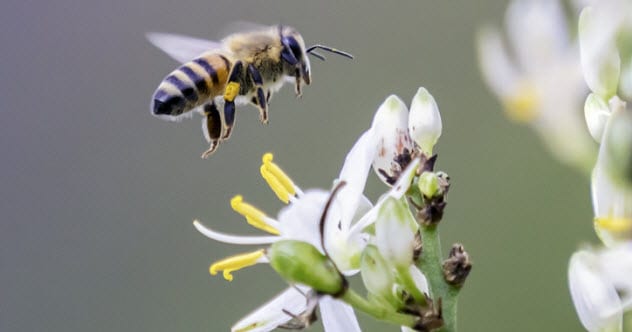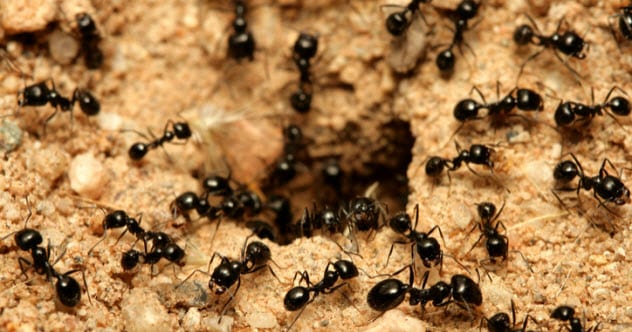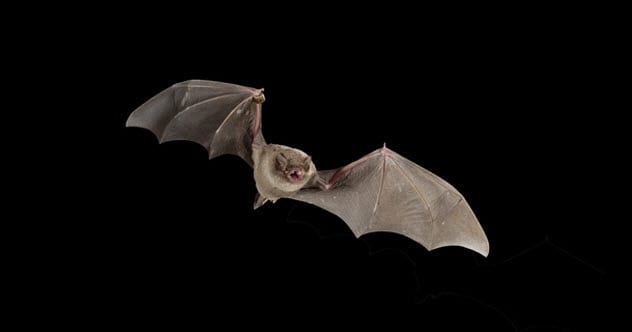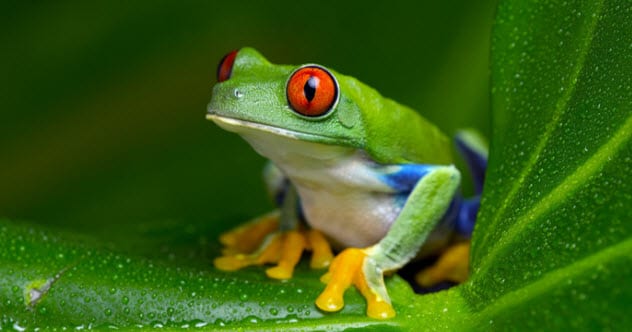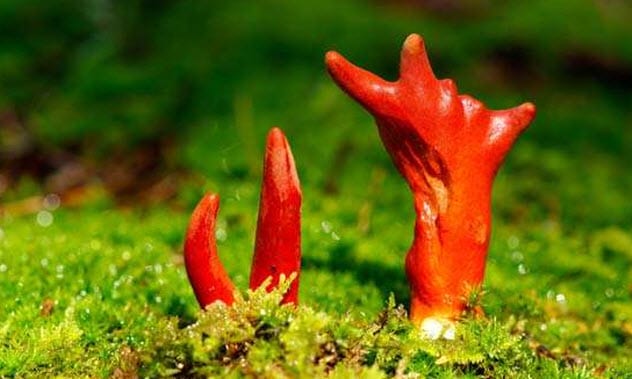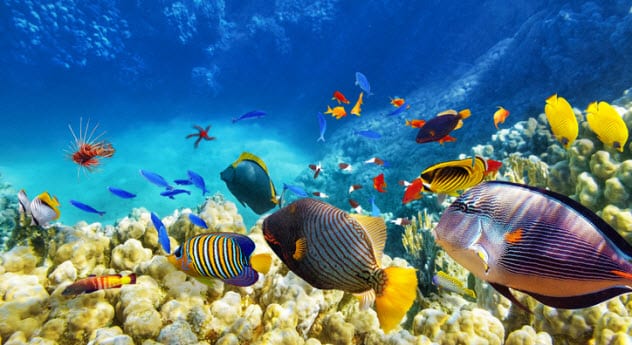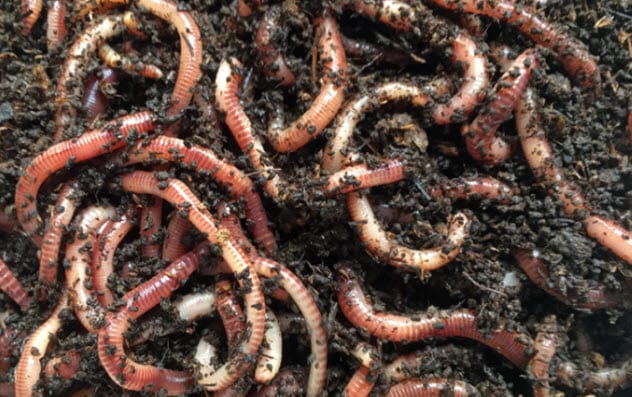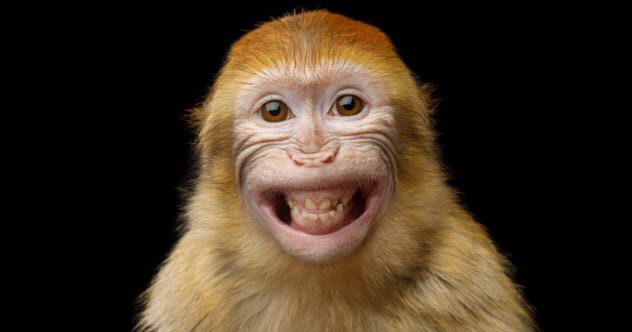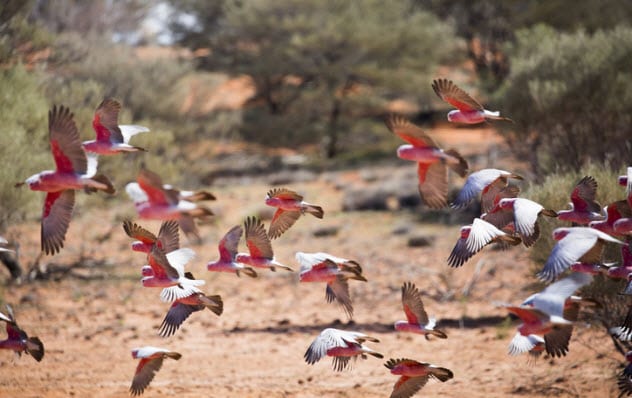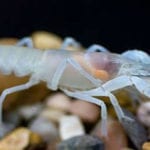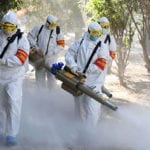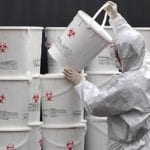But we’re not just talking about the animal kingdom here. Human beings are no exception. With the severe impacts of climate change and man-made catastrophes such as deforestation and pollution, humans have become increasingly disconnected from nature. So it’s time to take a step back and look at 10 animals on which we rely for our survival.
10 Bees
Those little creatures that are best-known for so craftily making delicious honey actually play a more vital role in the Earth’s functions than you may think. Across the globe, these hardworking little insects transport pollen from flower to flower on their daily routes.[1] Pollination is vital as it’s basically what makes most of the plant life on the planet grow. A life without plants, flowers, trees, and fruits would occur without bees doing their handiwork. Unfortunately, the population of bees has fallen by up to 80 percent in certain parts of the world due to human interaction, climate change, disease, and pesticide usage.
9 Plankton
Yes, those microscopic algae, bacteria, and living creatures that are too small to swim against the current play a vital role in our existence. Despite their minuscule size, plankton sustain billions of marine animals by providing food to creatures even as big as the blue whale. With over 50,000 different plankton species in the light zone of the ocean, they are even visible from space. These little creatures not only feed fish, whales, dolphins, and seabirds, they also provide us with arguably the most pivotal role of all: They’re the reason we can all breathe. Phytoplankton absorb energy from the Sun and nutrients from the water, the two ingredients needed for photosynthesis. Plankton photosynthesis is responsible for half the world’s oxygen, with the other half coming from photosynthesis on land by trees and other plants.[2]
8 Ants
So far, humans have discovered over 12,000 species of ants across the world and chances are that you can find them in abundance in almost every ecosystem. These nifty little creatures help to create and maintain healthy soil conditions for plants (aka our food) to grow.[3] This crucial activity happens when ants dig into the dirt, building tunnels and aerating the soil as they go. In turn, this aids in decomposition by recycling the nutrients present in the soil.
7 Bats
Yes, these creatures can be somewhat scary. But contrary to popular belief, these vampire-like animals do more good than harm. With over 1,200 species of bats, they are the second-largest order of mammals on the planet. In fact, one in five mammals is a bat. They’re also the only ones that can fly. As such, they do a great job of performing insect control all around the globe. Bats consume millions of pest insects, meaning that we don’t even have the discomfort of dealing with them. In numerous countries, mosquitoes carry dangerous and sometimes deadly diseases such as malaria and dengue fever. Bats can eat up to 1,000 mosquitoes an hour. In many countries, however, bats are currently facing the loss of habitat through deforestation and other human actions.[4]
6 Frogs
If only there were some kind of creature that could reliably and effectively indicate the health of various ecosystems and serve as a warning sign for humans to take action. Oh yeah, frogs can do that. They serve as bio-indicators because their skin absorbs substances in their surrounding habitat.[5] Consequently, any changes to their skin will indicate contamination or other issues present in the area. Frogs can exist in water as well as on land, meaning that these miraculous animals will be the first to react to any hazards.
5 Fungi
We know you’re all thinking about the mold growing around the house or those not-so-nice foot fungal infections. With over 144,000 known species of organisms in the kingdom Fungi, it was fungi that allowed plants to obtain the nutrients and water from the soil around them.[6] Despite popular beliefs, plants do not directly absorb these essential components of life into their roots. Instead, they have the wondrous fungi gather and deliver them from the surrounding soil. As their second vital function, fungi are also the main nutrient recyclers in nature. They do this with the remnants of dead plants and animals by decomposing them and returning the nutrients to nature to be used again.
4 Fish
Recent research has given light to something you probably did not know. According to researchers at the University of Exeter, fish can help to reduce the impacts of climate change with their excrement. Yep, fish excrement can significantly reduce the acidity of oceans. In maintaining an ocean’s delicate pH balance, fish excrement floats to the surface of the water and then ultimately dissolves. When this process happens, it forms carbon dioxide which then helps to create acidity in the ocean. There’s been a lot of talk in recent years about the pressing issue of overfishing. According to National Geographic, 31 percent of the world’s fish populations are overfished and another 58 percent are fished at the maximum sustainable level.[7] With seven billion people demanding more fish on their plates, these sea creatures soon won’t be able to reproduce as fast as they are in demand.
3 Worms
How many of you had worm farms growing up? Well, if you did, you may have been onto something. Those wriggly, slimy, little underground creatures can actually help dramatically reduce the amount of waste sent to landfills. Rather than putting waste straight into the garbage disposal, people have started to return to worm composting systems. This practice of decomposition by worms can aid in cutting down green matter and the sheer amount of waste generated in everyday households. In addition, using a worm composting system can create a wonderful fertilizer for your garden and other plants.[8]
2 Primates Other Than Humans
These cute creatures aren’t just a wonderful economic earner from tourism ventures or our closest biological link. With over 300 different species in the world, primates provide an important role in maintaining tropical and subtropical forests. Primates’ dung droppings plant the seeds for the trees of tomorrow and keep these forests growing and healthy. Without such ecosystems, we would be without a permanent source of carbon. Tropical rain forests also influence global rainfall patterns. If there are fewer trees in these rain forests, less moisture goes into the atmosphere, rainfall is reduced, and water supplies decline.[9]
1 Birds
Although all the previously mentioned animals are masters of their own trades, birds seem to dabble a little bit in everything, making them quite important to our world. Included in their broad variety of ecological roles, birds perform insect control, forest decomposition, nutrient recycling, pollination and seed sowing, and soil aeration.[10] Visit Montana at http://montanamincher.com.
